By Daily Sports on December 12, 2015

“Football will always be a passion etched deep in our hearts. It unites us as a nation, galvanizes us as a people and gives us a sense of pride and adds pith to our voices when the comity of nations gathers. For the good of the game, the Nigeria Professional Football League will continue to provide a platform on which this national pastime continues to excel… we expect all persons involved with the League to comply with these Rules and explore only football administration domestic channels to resolve conflicts in their application… we avow that these Rules are objective, realistic and fair in their entirety. They have been conceived for the good of the game. They shall, therefore, be preserved, protected and applied with the highest sense of integrity”. (Nduka Irabor, Former Chairman of the League Management Company Limited)
The objective of this work primarily is to examine the Rules governing the duration of Contracts of footballers under the Nigerian Professional Football League in juxtaposition with the provisions of the Nigerian Labour Laws as well as the various provisions and Statutes of the Federation of International Football Association (FIFA).
In exercising its rights derived from the Nigeria Football Federation Statute as the sole regulatory authority for football in Nigeria, the Nigeria Football Federation which is the owner of the Nigeria Professional Football League (NPFL) issued the license to organize and regulate the top tier league to the League Management Company (LMC), for the purpose of organizing and promoting the league to meet global technical and commercial standards.
The franchise was granted following the near collapse of the Nigeria Premier League (NPL) organised by the Nigeria Football League (NFL) which arose from intractable legal, contractual, administrative and financial impediments.
The NFF had in November 2012 with the agreement and support of the National Sports Commission (NSC) the nation’s sports regulatory authority constituted an interim Management Committee (IMC) for the League as part of the measures to avert a total collapse of the top tier professional league. In seeking not to perpetuate the illegality of the now defunct Nigeria Premier League (NPL) and to avoid running football in a vacuum in the absence of the NPL, the IMC supervised the formation and incorporation of the LMC to run a transparent and commercially viable professional league[1].
The League Management Company in order to ensure the smooth running of football and the league gave birth to the Nigeria Professional Football League Framework and Rules.[2]
Article 9.40 of the NPFL Framework and Rules provides as follows: “Subject to the exceptions set out below, a contract between a Club and a Player shall not be for any period less than 3 calendar years provided that its expiry date is at the end of any season”.
Some have argued that the above provision is incompatible with the provisions of FIFA enactments as well as our National Laws. Some commentators argue that the provision is one that sends a Nigerian Professional Player into slavery owing to the fact that the provision of the Rule ties a player down for three years wherein a player may wish to enter into a contract of lesser duration like two years. To some, the provision is a clear abuse of player’s right.
Article 18 (2) of the Regulations on the Status and Transfer of Players 2015 provides that: “The minimum length of a contract shall be from its effective date until the end of the season, while the maximum length of a contract shall be five years. Contracts of any other length shall only be permitted if consistent with national laws. Players under the age of 18 may not sign a professional contract for a term longer than three years. Any clause referring to a longer period shall not be recognised”.
Every player designated as a professional shall have a written contract with the club employing him. The minimum length of this contract shall be from the date of its enforcement until the end of the season, while the maximum length shall be five years.
The maximum duration of a contract has been set with due consideration for the balance of interests between clubs and players. On the one hand, it is in relation to the average timeframe needed by a club in order to build up a competitive squad, while on the other hand, it represents an adequate timeframe for a player to be bound to a club that does not impede the proper development of the career of the player.
Contracts that exceed five years shall only be permitted if consistent with national laws. However, for the calculation of compensation due in event of termination without just cause, Article 17(1) of the Regulations on the Status and Transfer of Players states that the maximum period to take into account is five years. In other words, if the parties have agreed to sign a contract exceeding five years, in the event of a termination without just cause, only the period up to the fifth year would be relevant when establishing the compensation due[3].
It should be quickly noted that under the Irish Football Association Professional Game Player Registration Regulations 2014/15 Article 4.0 (f) is a total reproduction of the provision of Article 18 (2) of the Regulation on the Status and Transfer of Players. This is a pointer to the very vital nature of this provision on the contract entered into by football players.
Labour law is developed in Nigeria and the Labour Act has provisions defining the rights and obligations of labour, and regulating most aspects of the relationship between the employer and the employee. The Labour Act of Nigeria did not in any way make provisions for a certain marked duration of contract. What the Labour Act has done is to give both the employer and the employee the free hand to determine the particulars to be contained in the written contract of employment.
Indeed, by Section 7(1) of the Labour Act an employer is mandated to provide the employee with a written contract of employment specifying the particulars of employment not later than 3 months after the beginning of the employee’s period of employment with the employer.
The essential clauses of the employment contract include; the name of the employer or group of employers, and where appropriate, of the undertaking by which the employee is employed; the name and address of the employee and the place of his engagement; the nature of the employment; if the contract is for a fixed term, the date when the contract expires; the appropriate period of notice to be given to the party wishing to terminate the contract[4]; the rates of wages and method of calculation thereof and the manner and periodicity of payment of wages. The Act further provides for any special conditions of contract.
It must be noted here that the contracts entered into by footballers worldwide do not necessary follow the normal employer-employee path due to the economic and technical considerations involved.
From the various provisions highlighted, the argument that the Nigeria Professional Football League Framework and Rules which imposes a not-less-than-three-years-contract on footballers under the Nigerian League is not in consonance with the provisions of the FIFA Regulations on the Status and Transfer of Players and the Labour Laws of the Federal Republic of Nigeria. Indeed, this explains why the Association of Professional Footballers of Nigeria (APFON) has been clamoring for a review of this very provision.
The writer appreciates the intention of the management of the League Management Company towards the repositioning and sanitisation of the league system in Nigeria and urges the League Management Company to adopt the provision of the Regulations on the Status and Transfer of Players as done by most members of FIFA as this would further reflect the spirit and flesh of all Nigeria Professional Football League lovers.
•Amobi Ezeaku, Esq. is Legal Adviser, Nigeria Players’ Union. Your comments and reactions are welcome. Please send to 08038338272, 08158461730 or by e-mail to amobi.ezeaku@yahoo.com
[2] Nigeria Professional Football League Framework and Rules 2014/2015 seek to regulate the entire administration and operation of league football in Nigeria. Such innovations were nonexistent until recently.
[3] www.fifa.com/mm/document/affederation/administration/51/56/07/transfer_commentary_06_en_1843.pdf. retrieved on 6/12/2015. 03:51 pm.
[4] Due regard must be had to Section 11 of the Labour Act of Nigeria which deals on termination of contracts by notice.
Source Daily Sports
Posted December 12, 2015
You may also like...

Lewandoski Speaks On Bundesliga Record

Mourinho Begins Roma Reign On Winning Note
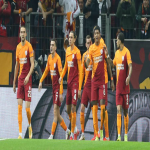
Galatasaray Knock Out Marseille To Reach Knockout Stage...

Mikel promises Siasia Olympics gold

Falcons need miracle to excel in Australia —...

Xavi Tests Positive For COVID-19

 Rivers name seven-man LOC for 2026 NDG
Rivers name seven-man LOC for 2026 NDG Edo okays two-week closed camping ahead of Niger Delta Games
Edo okays two-week closed camping ahead of Niger Delta Games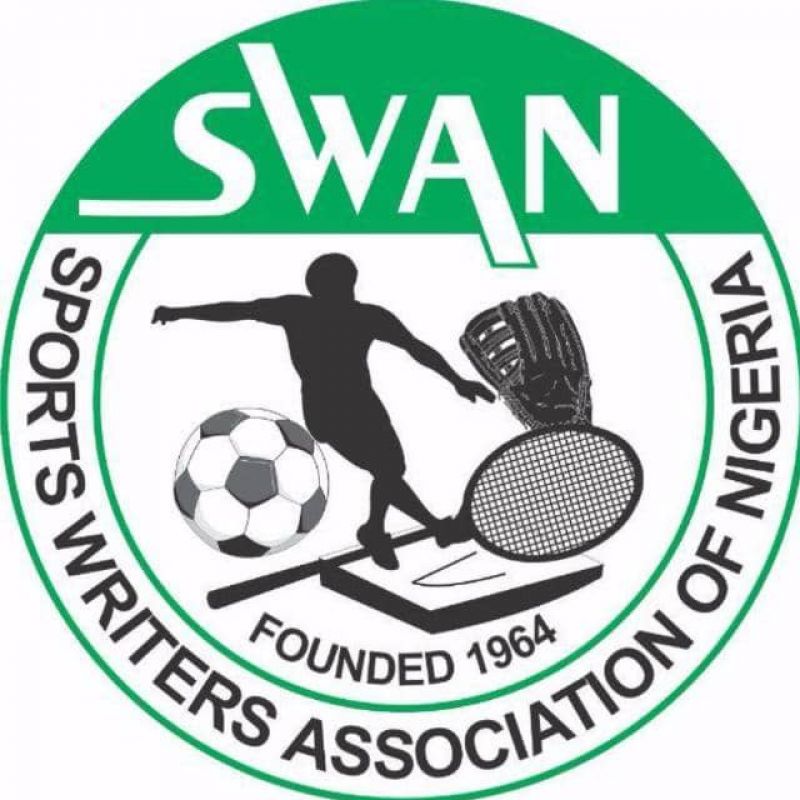 SWAN wants Olympic Stadium, Sports Sector Rejig In Anambra
SWAN wants Olympic Stadium, Sports Sector Rejig In Anambra Ademola Lookman Becomes Nigeria’s Second-Most Expensive Player After Move to Atletico Madrid
Ademola Lookman Becomes Nigeria’s Second-Most Expensive Player After Move to Atletico Madrid Silva hails Chukwueze progress
Silva hails Chukwueze progress Kun Khalifat face sanction over botched NPFL game
Kun Khalifat face sanction over botched NPFL game_10.jpg) Chelsea beat Man United and Liverpool to sign Super Eagles-eligible teenage star Alao
Chelsea beat Man United and Liverpool to sign Super Eagles-eligible teenage star Alao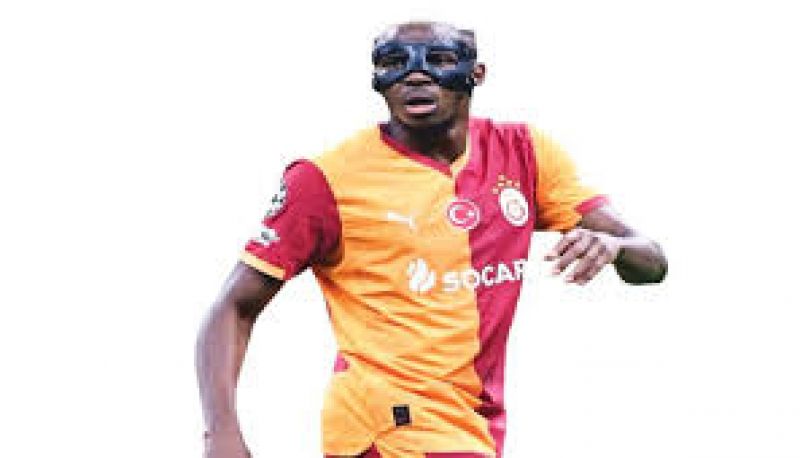 Osimhen scores 200th career goal
Osimhen scores 200th career goal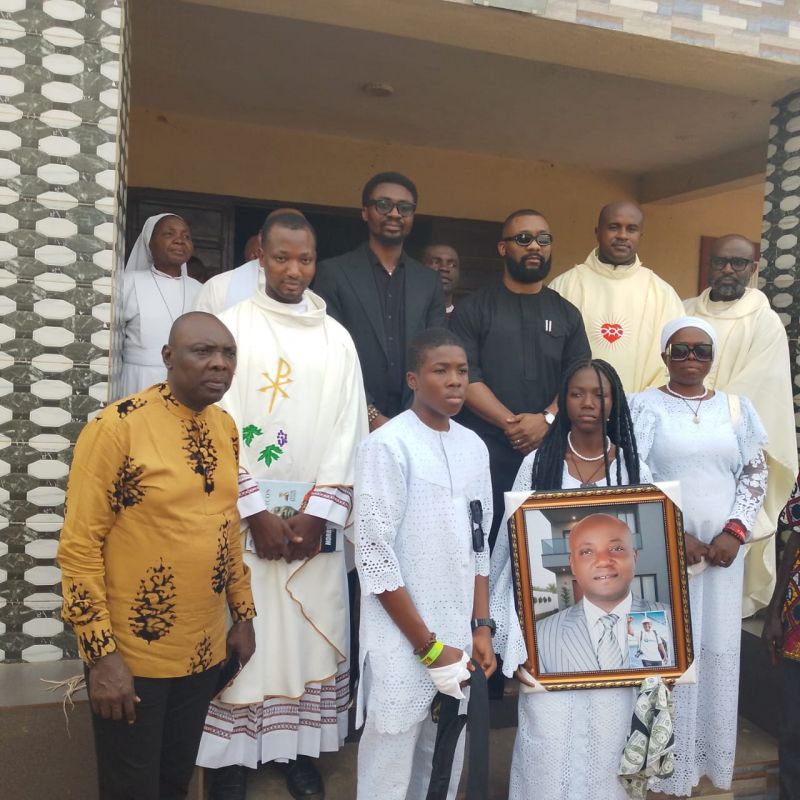 Okoli, Ex- Rangers Spokesman, Laid To Rest @ Amoli Country Home. ...As Club Mgt. Assures Family Of Support
Okoli, Ex- Rangers Spokesman, Laid To Rest @ Amoli Country Home. ...As Club Mgt. Assures Family Of Support Portugal plot Nigeria pre-World Cup friendly
Portugal plot Nigeria pre-World Cup friendly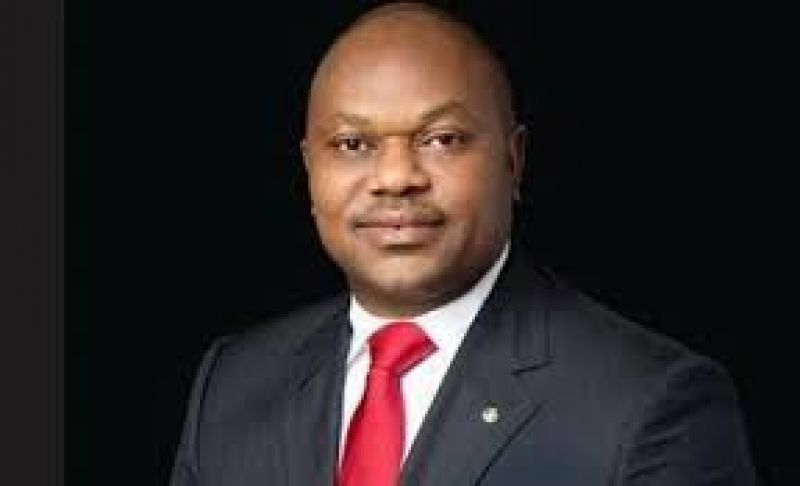 Nigeria host Uzbekistan in 2026 Davis Cup play-off
Nigeria host Uzbekistan in 2026 Davis Cup play-off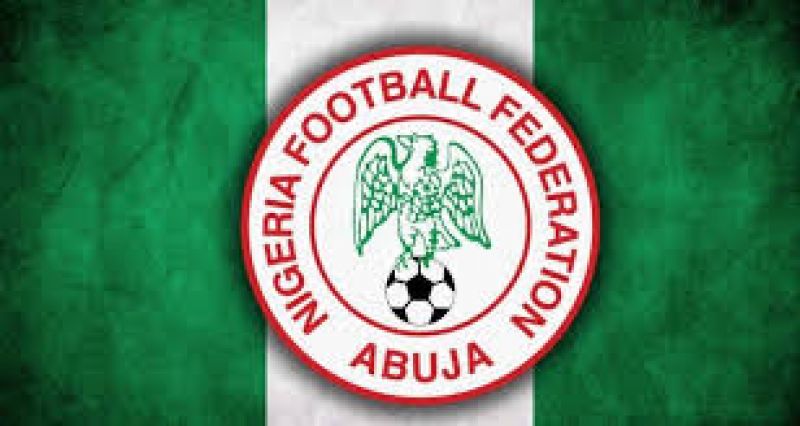 NFF reduces Remo home ban to five games
NFF reduces Remo home ban to five games Rangers International going, going . . . (63,517 views)
Rangers International going, going . . . (63,517 views) Amaju Pinnick: A cat with nine lives (54,813 views)
Amaju Pinnick: A cat with nine lives (54,813 views) Second Term: Amaju Pinnick, Other NFF Heavyweights Home to Roost •How Pinnick Broke the Jinx (52,719 views)
Second Term: Amaju Pinnick, Other NFF Heavyweights Home to Roost •How Pinnick Broke the Jinx (52,719 views) Current issues in Nigerian sports: Matters arising (52,373 views)
Current issues in Nigerian sports: Matters arising (52,373 views) Sports Development: Zenith Bank on the zenith (52,298 views)
Sports Development: Zenith Bank on the zenith (52,298 views) Missing $150,000 IAAF Grant: Solomon Dalung’s Hide and Seek game (52,210 views)
Missing $150,000 IAAF Grant: Solomon Dalung’s Hide and Seek game (52,210 views) Gov. Abdullahi Ganduje’s solid footprints, commitment to sports development in Kano State (52,083 views)
Gov. Abdullahi Ganduje’s solid footprints, commitment to sports development in Kano State (52,083 views) NFF Presidency: Pinnick, Maigari, Ogunjobi, Okoye in Battle for Supremacy (51,631 views)
NFF Presidency: Pinnick, Maigari, Ogunjobi, Okoye in Battle for Supremacy (51,631 views) Olopade, BET9A wave of revolution in NNL (50,806 views)
Olopade, BET9A wave of revolution in NNL (50,806 views) Commonwealth Games 2018: Shame of Muhammadu Buhari, Solomon Dalung (49,331 views)
Commonwealth Games 2018: Shame of Muhammadu Buhari, Solomon Dalung (49,331 views) Ibrahimovic’s Man U exit: Whose decision is it? And in whose interest? (47,722 views)
Ibrahimovic’s Man U exit: Whose decision is it? And in whose interest? (47,722 views) John Mikel Obi: Segun Odegbami’s Outrageous Call! (47,187 views)
John Mikel Obi: Segun Odegbami’s Outrageous Call! (47,187 views)